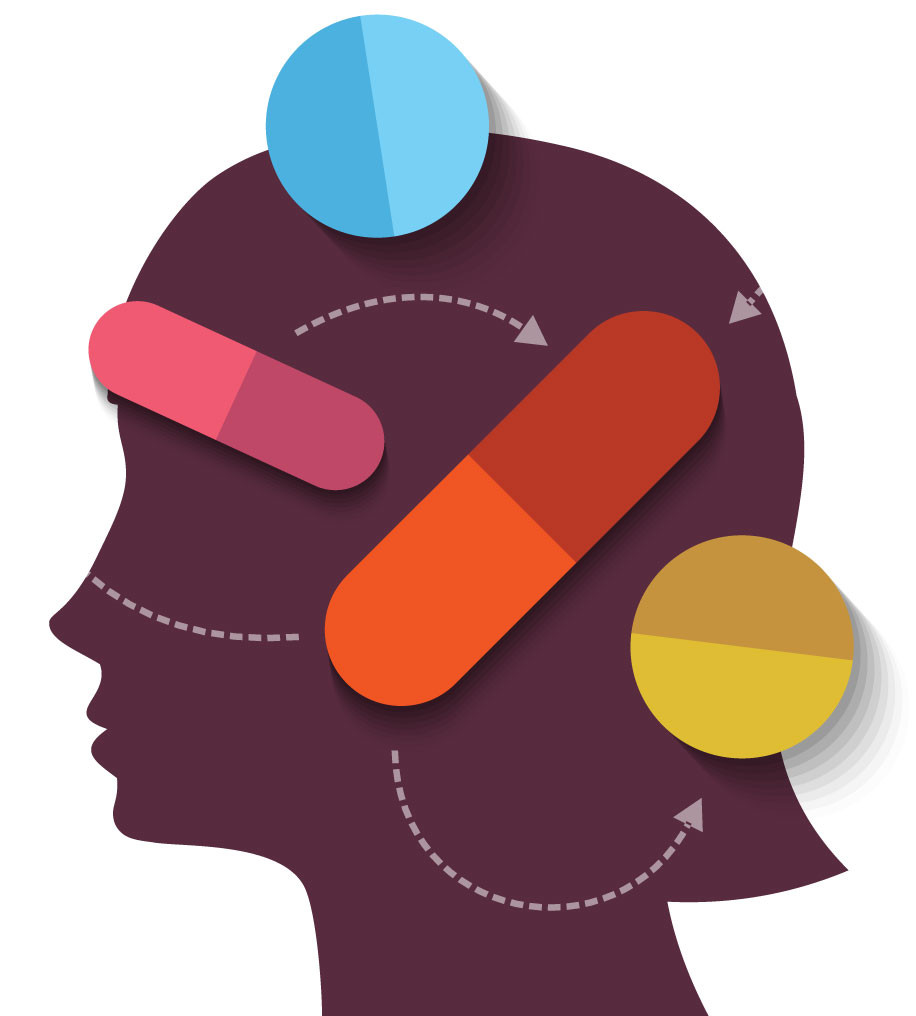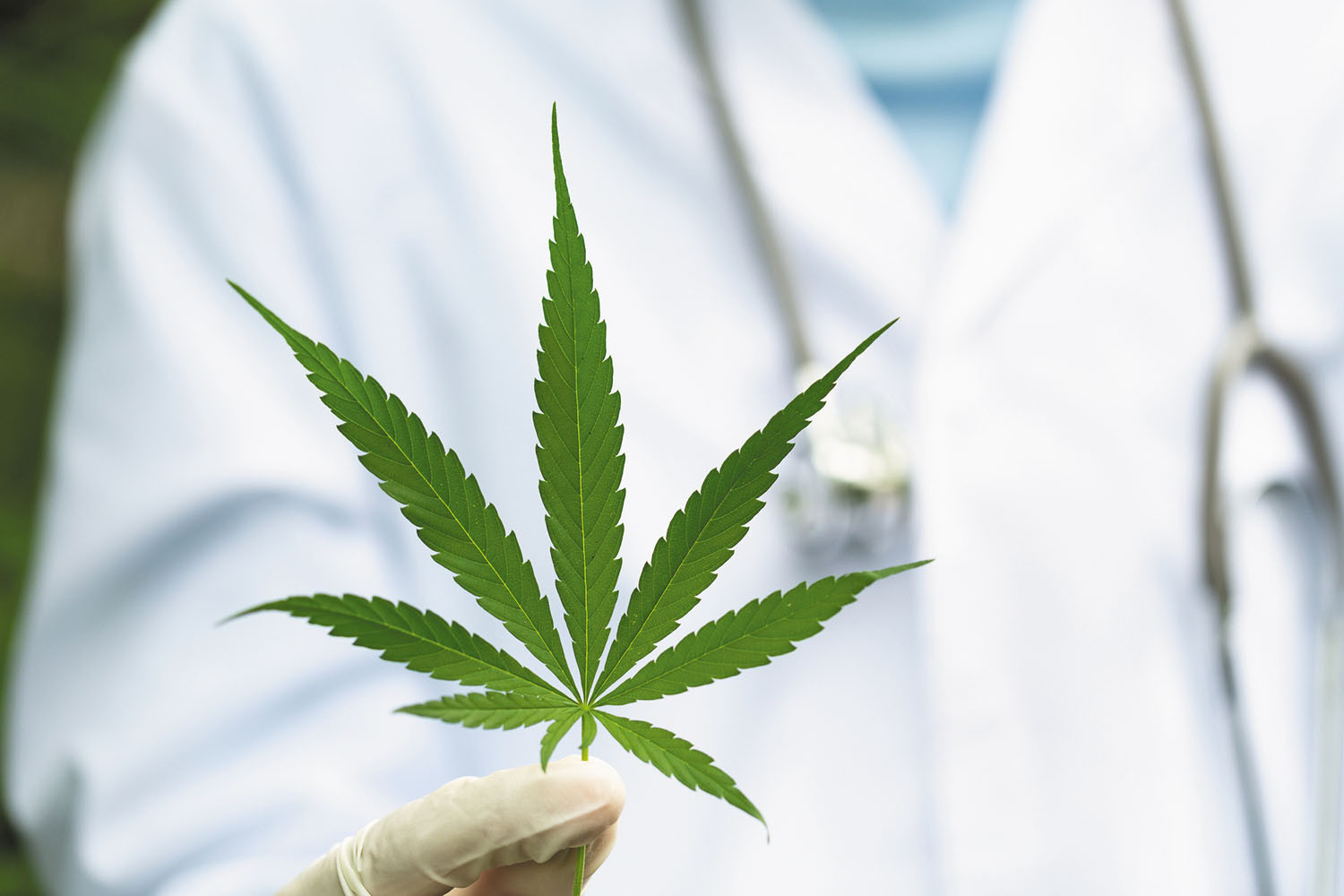
5 timeless habits for better health

What are the symptoms of prostate cancer?

Is your breakfast cereal healthy?

When pain signals an emergency: Symptoms you should never ignore

Does exercise give you energy?

Acupuncture for pain relief: How it works and what to expect

How to avoid jet lag: Tips for staying alert when you travel

Biofeedback therapy: How it works and how it can help relieve pain

Best vitamins and minerals for energy

Should you take probiotics with antibiotics?
Medications Archive
Articles
Can I take ED drugs after a heart attack?
On call
Q. I had a major heart attack earlier this year and received a drug-eluting stent. My doctor tells me that it's now safe to exercise and engage in sexual activity. But is it safe to use erectile dysfunction (ED) medications?
A. Most men who have recovered from a heart attack can resume their usual sex life. Once your doctor allows you to engage in moderate aerobic activity — sexual activity is often equated to the exercise level of brisk walking — you may safely use ED medications with certain precautions.
Can the flu shot hurt my immune response?
Ask the doctors
Image: © scyther5/Thinkstock
Q. I've read that getting the flu shot annually will weaken my immune system over time. Is this true?
A. A study published in the March 1, 2017, issue of The Journal of Infectious Diseases investigated whether getting an annual vaccination against influenza (flu) can weaken your body's natural ability to protect itself from the disease. Past studies have raised similar concerns. Researchers at the University of Bergen in Norway followed 250 health care workers. Some of them got a flu vaccination every year from 2009 through 2013. The others only received the vaccine once in 2009 and not in the years from 2010 to 2013. The researchers then took blood samples before the influenza season (and before people were vaccinated that season), from the members of both groups and looked at different markers to gauge how well their immune systems would respond to the influenza virus. They found that getting an annual flu vaccination did not weaken the immune system. As a group, the people who got the flu shot annually appeared to have a better immune response to influenza than those vaccinated only once.
How serious is a mild narrowing of the carotid artery?
On call
Q. What is the significance of mild narrowing of the carotid artery detected by an ultrasound? I have never had any symptoms of stroke.
A. "Mild" narrowing ranges from 15% to 49% blockage of the artery. Over time, this narrowing can progress and lead to a stroke. Even if it doesn't progress, mild narrowing is a sign of early blood vessel disease and calls for preventive measures.
Two types of drugs you may want to avoid for the sake of your brain
Two common classes of drugs have been linked to dementia. Fortunately, there are alternatives to both.
Image: Thinkstock |
If you're worried about developing dementia, you've probably memorized the list of things you should do to minimize your risk—eating a healthy diet, exercising regularly, getting adequate sleep, and keeping your mind and soul engaged. In addition, some of the drugs you may be taking to help you accomplish those things could increase your risk of dementia. In two separate large population studies, both benzodiazepines (a category that includes medications for anxiety and sleeping pills) and anticholinergics (a group that encompasses medications for allergies and colds, depression, high blood pressure, and incontinence) were associated with an increased risk of dementia in people who used them for longer than a few months. In both cases, the effect increased with the dose of the drug and the duration of use.
These findings didn't come entirely as a surprise to doctors who treat older people. The Beer's List published by the American Geriatrics Society has long recognized benzodiazepines, antihistamines, and tricyclic antidepressants as potentially inappropriate for older adults, given their side effects. Such drugs are on the list because they share troubling side effects—confusion, clouded thinking, and memory lapses—that can lead to falls, fractures, and auto accidents.
Steroid injection may be the best medicine for frozen shoulder
Research we're watching
There are a number of different approaches to treating a condition called adhesive capsulitis, better known as frozen shoulder. This common condition causes significant shoulder pain and reduced mobility. While it generally goes away on its own over time, it can take up to a year or longer to heal. But there hasn't been consensus on whether any particular therapy leads to more rapid pain relief and full range of motion.
A study published online Dec. 16, 2020, by JAMA Network Open looked at various treatment options for frozen shoulder to determine which was the most effective. Researchers analyzed 65 different studies with more than 4,000 total participants and found that the first line of therapy should be to inject a steroid directly into the joint to reduce inflammation. This treatment helped to reduce pain and led to the fastest recovery. The study authors said the steroid injection should be accompanied by a home exercise program that includes stretches and exercises to improve range of movement in the shoulder.
Take a deep breath before adopting new asthma guidelines
News briefs
Hold off before you follow new recommendations to treat mild, persistent asthma — or at least consult your doctor first. The updated guidelines from the National Institutes of Health, published online in the December 2020 issue of The Journal of Allergy and Clinical Immunology, say it's okay for people with mild, persistent asthma to stop daily use of inhaled corticosteroids and instead use them only as needed, along with short-acting beta agonists ("rescue" medications). That's considered a major shift in guidance. But that may not be a good idea for some older adults, notes Dr. Anna Wolfson, an allergist and immunologist at Harvard-affiliated Massachusetts General Hospital. "A lot of people have a harder time with the occasional use of medications than a routine practice of daily use," she says. "And you may not want to decrease your asthma regimen during the pandemic. Poorly controlled asthma could lead to a flare or an ER visit, and perhaps an increased risk for complications if you develop COVID-19." Dr. Wolfson says there are some people who might benefit from using inhaled corticosteroids only as needed, but she urges you to speak with your doctor before changing your medication regimen.
Image: Branimir/Getty Images
Understanding "blood thinners"
These drugs actually help stop dangerous blood clots from forming. Here's when you may need them.
Nearly everyone has heard of "blood thinners." Maybe you or someone you know takes one. But these drugs don't "thin" blood at all.
"They are actually anti-clotting drugs," says Dr. Gregory Piazza, a cardiologist with Harvard-affiliated Brigham and Women's Hospital. "They prevent potentially dangerous blood clots from developing in people at high risk, like those who have atrial fibrillation or a stent in a blood vessel, or who are immobile after surgery."
The highs and lows of medical cannabis
It's more accessible than ever before, but is it the right medicine for you?
Medical marijuana — also referred to as medical cannabis — has enjoyed a boom in recent years. More states have legalized it, more products are available, and more people have turned to it for help, especially older adults.
A study in the April 2020 JAMA Internal Medicine found that the number of adults ages 65 and older using medical cannabis increased from 2.4% to 4.2% between 2015 and 2018.
Affairs of the heart
Cardiovascular problems can conspire to put a damper on sexual enjoyment. Talking to your doctor and your partner can help.
A physical connection with your romantic partner is often an important part of a fulfilling relationship. But when it comes to matters of the heart, the health of your heart matters.
"A satisfying sex life depends on physical health, psychological well-being, and the quality of the relationship," says Dr. Jan Shifren, who directs the Massachusetts General Hospital Midlife Women's Health Center. Heart disease and related conditions can influence all three of those factors in both men and women. Here's a look at the range of those effects and some possible solutions.
Fears about statin side effects: Often unfounded?
A novel study suggests that the "nocebo effect" could be why some people believe they cannot tolerate statins.
Are you hesitant to fill your statin prescription because you're worried the drug will cause muscle aches and other side effects? Although you're far from alone (see "A royal pain?"), the reality is that all drugs have side effects, and statins aren't worse than other drugs. And fears about statin side effects may be depriving people of a potentially lifesaving medication.
The nocebo effect — the flip side of the well-known placebo effect — occurs when people experience negative effects from a drug, placebo, or other treatment based on an expectation of harm. Because of the widespread belief that statins cause muscle aches, statins have been suspected of triggering a strong nocebo effect. A recent study confirmed this observation (see "A study to assess statin side effects").

5 timeless habits for better health

What are the symptoms of prostate cancer?

Is your breakfast cereal healthy?

When pain signals an emergency: Symptoms you should never ignore

Does exercise give you energy?

Acupuncture for pain relief: How it works and what to expect

How to avoid jet lag: Tips for staying alert when you travel

Biofeedback therapy: How it works and how it can help relieve pain

Best vitamins and minerals for energy

Should you take probiotics with antibiotics?
Free Healthbeat Signup
Get the latest in health news delivered to your inbox!
Sign Up











